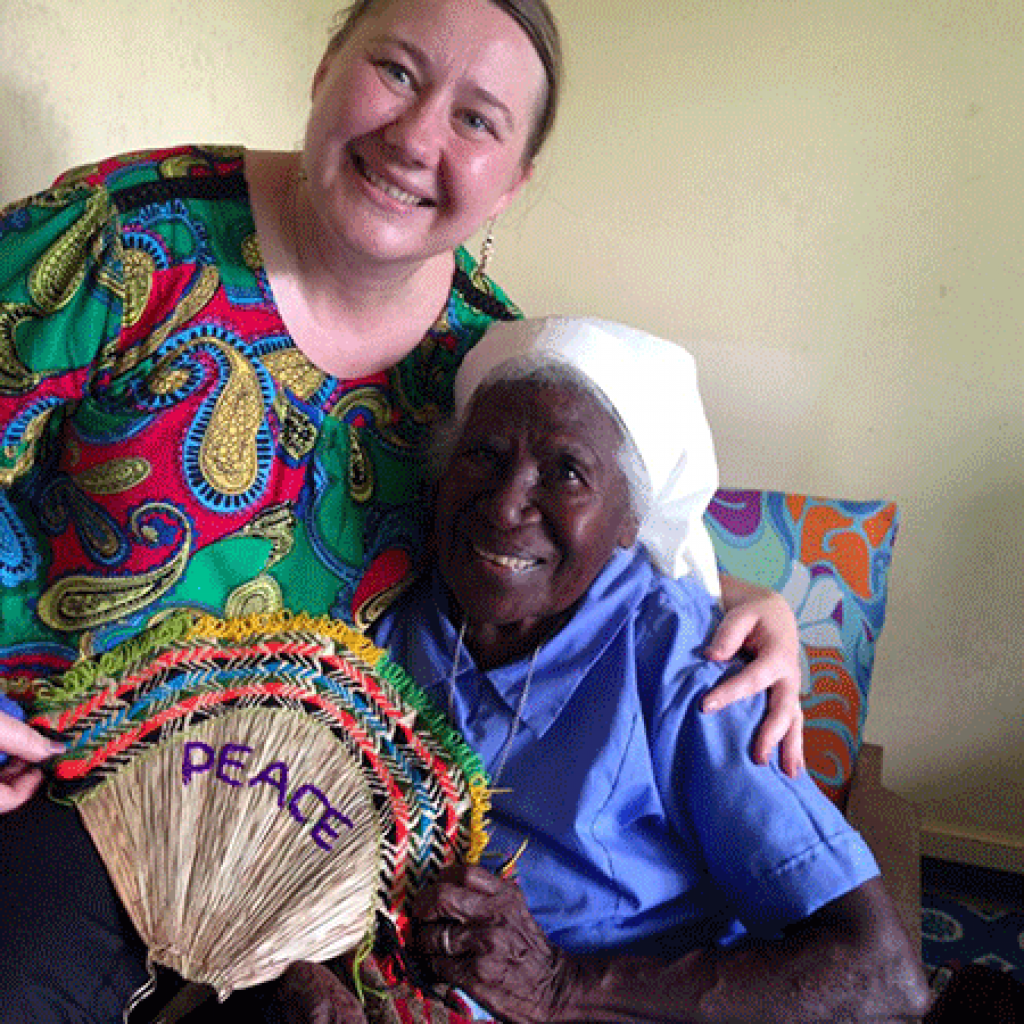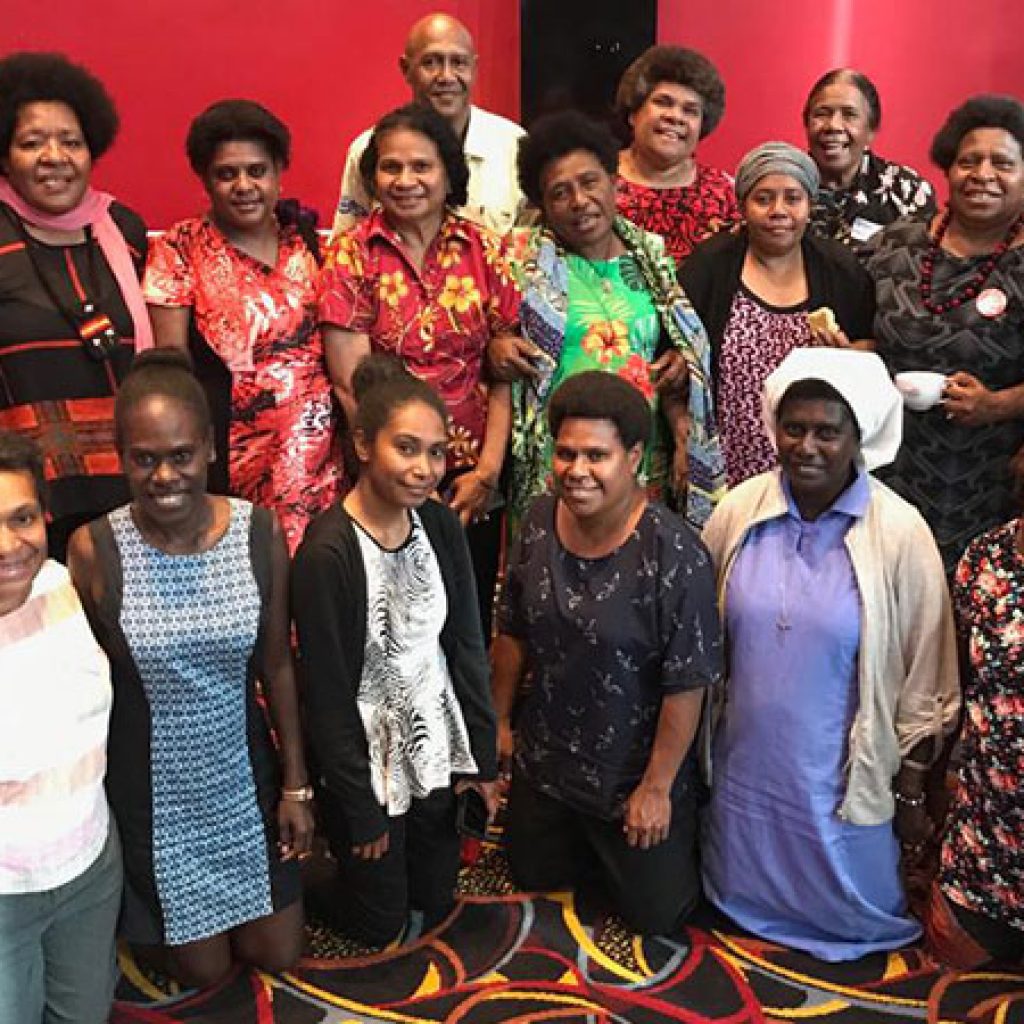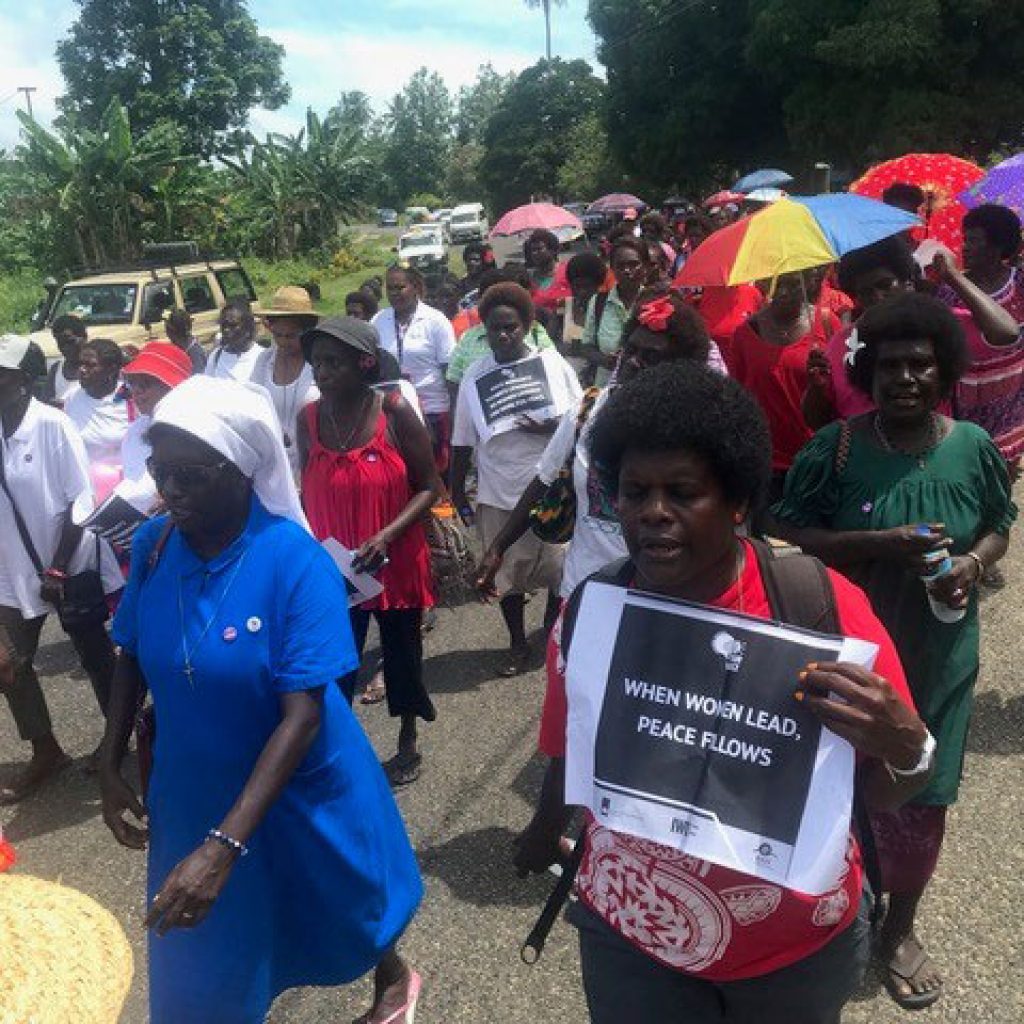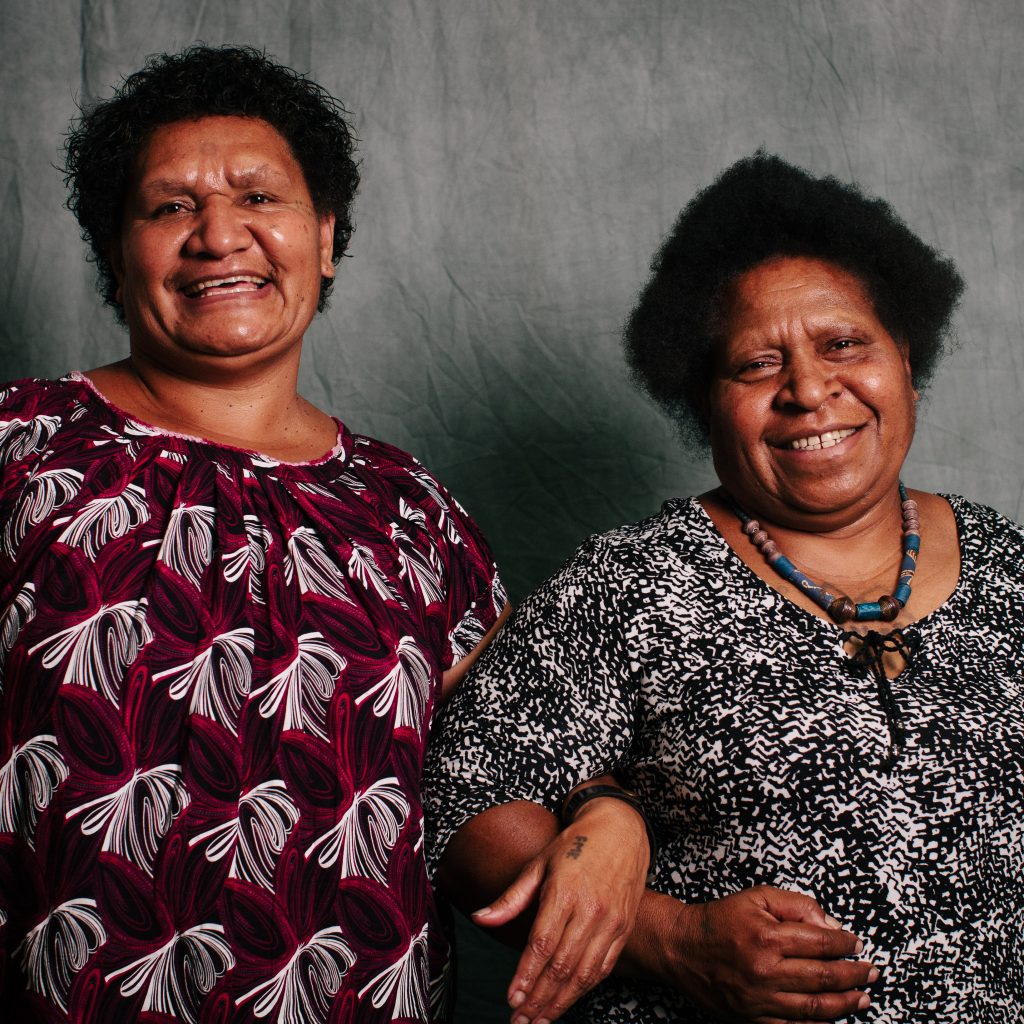
Case study: Voice for Change, Papua New Guinea
We’ve got partners on the frontline of women’s rights in Papua New Guinea who tell us violence against women is rife – and often at the hands of a husband or partner. An estimated 70% of women have experienced violence from their partners or husbands.
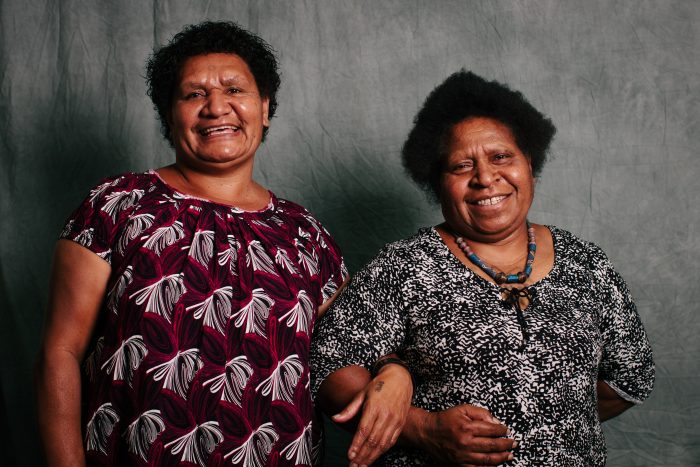
We’ve got partners on the frontline of women’s rights in Papua New Guinea who tell us violence against women is rife – and often at the hands of a husband or partner. An estimated 70% of women have experienced violence from their partners or husbands.
In the Highlands of Papua New Guinea, this figure is nearly 100%. This is where Brenda works with IWDA partner Voice for Change as a Women Human Rights Defender.
“I sometimes get criticism from the community or from the husband…two husbands threatened me and said I have to watch out, otherwise they will chop me, or cut my leg off, but I said ‘I have to help the women going through all these problems’”.
Often with nowhere else to go and no money to support their families, women survivors of violence have no alternative but to remain living alongside their abusers. This guarantees further abuse.
While there are services in place to assist women who facing shocking violence at home, there are very few support services in rural areas, which is where rates of violence are highest. Women’s Human Rights Defenders work tirelessly to promote safety and prevent violence in their communities.
Women’s Human Rights Defenders can be civil society representatives, grassroots activists, lawyers, journalists, parliamentarians. But they all have one thing in common – they take women into their homes, offer them a place to stay, someone to talk to, and advice on where and how to seek help.
Women like Brenda do this every day, often to the risk of her own personal safety.
The good news is that change is possible and in the past 12 years, Brenda and others like her have made a significant difference. Speaking out about violence and asking for help was once taboo and unsupported by authorities.
But with knowledge of their rights, more and more women are coming forward, and saying enough is enough. They are forcing their communities and local authorities to listen. They will no longer be silenced.
